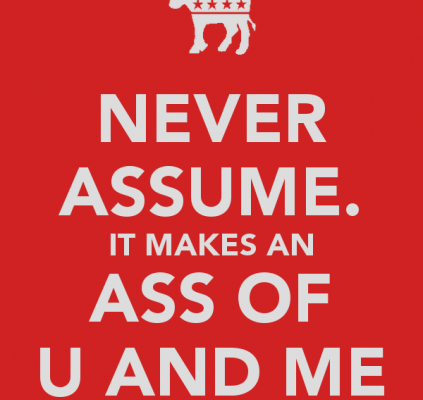
The best engineers are those that can solve the hard problems. The best general practitioners are those that can treat a wide range of conditions. The best retailers are those that are experts in their products.
Hold on, did I just hear a collective argh from the sales schools? Shouldn’t the best retailers be the ones that are able to close the most deals? You would think so, but sales happen when you know the product, and the customer trusts your opinion.
We all know about the used car salesmen stereotypes. I think that in most cases it is totally unjustified. For a salesman to be successful, they need to know the product, they need to be the expert. Sales are the result of product knowledge rather than some shifty snake oil banter. Consumers today are far smarter than what they have traditionally been given credit for. Today’s consumer is informed and knowledgeable; there is so much information (and some mis-information) that it would be foolish to sell BS – you will get caught out.
The expert label is not always an easy label to wear. With expert label ownership comes great responsibility. Part of this responsibility is to maintain more than just general product knowledge, everyone has that knowledge, and if they don’t, then it is a quick Google search away. No, being an expert means having in-depth knowledge of a product, how it is made, where it comes from, what it successfully interacts with, how many different ways can it be used, when is it at its best, how does it compare to local alternatives, how to spot a fake, how to extend its useful life, how can it be modified,…. You get the picture. Now multiply this by every product line, and you can start to see the enormity of the task, and the expert responsibilities.
If you have only a few product lines, then it might be a little easier to become an expert – right? Small product lines tend to be more complex in nature. Apple consumer product range is not exhaustive, in fact most people with associate Apple with half a dozen products; however; being an Apple product expert will require intensive training, and this training needs to be maintained through-out the product lifecycle.
Unfortunately, the inverse is not true for large product lines. Product complexity does not diminish with large product line offerings. What tends to happen however is that although a greater number of products are offered, the grouping types remain relatively small. Your job, as the expert, is to know instantaneously how each group performs, how it is handled, used, prepared.
In the case of say a butcher, knowing the ingredients that make up a sausage is just as important as knowing how to prepare every joint of meat, and what portion sizes are applicable for different situations. If you can answer this stuff on the spot, then you are an expert, your customer will acknowledge your expert status, will trust you, and will buy from you. You will close more sales as a result.






